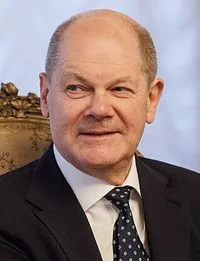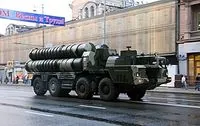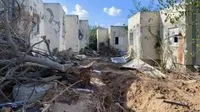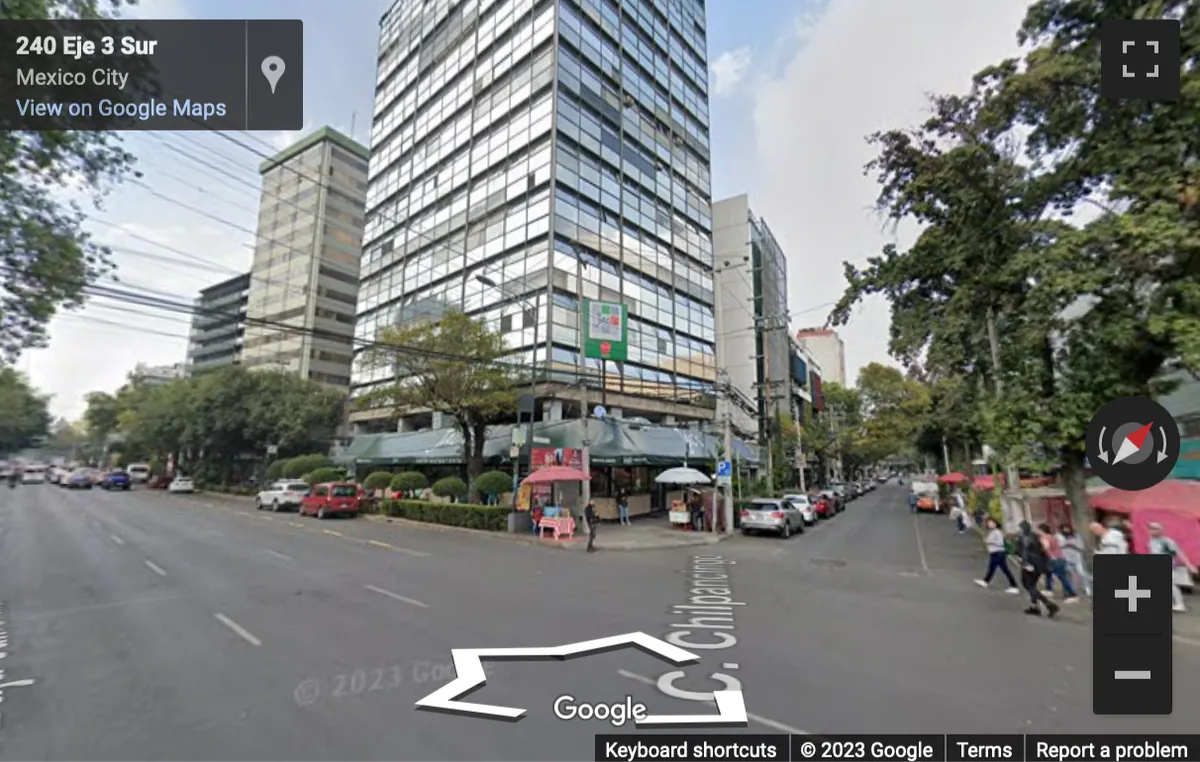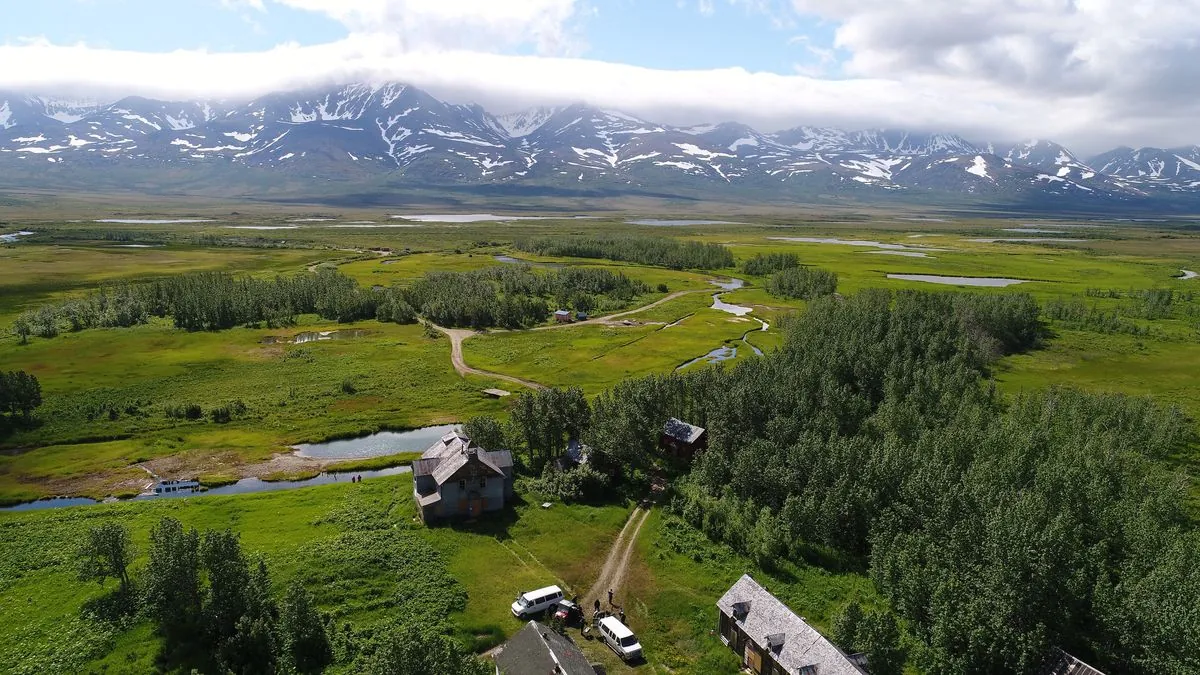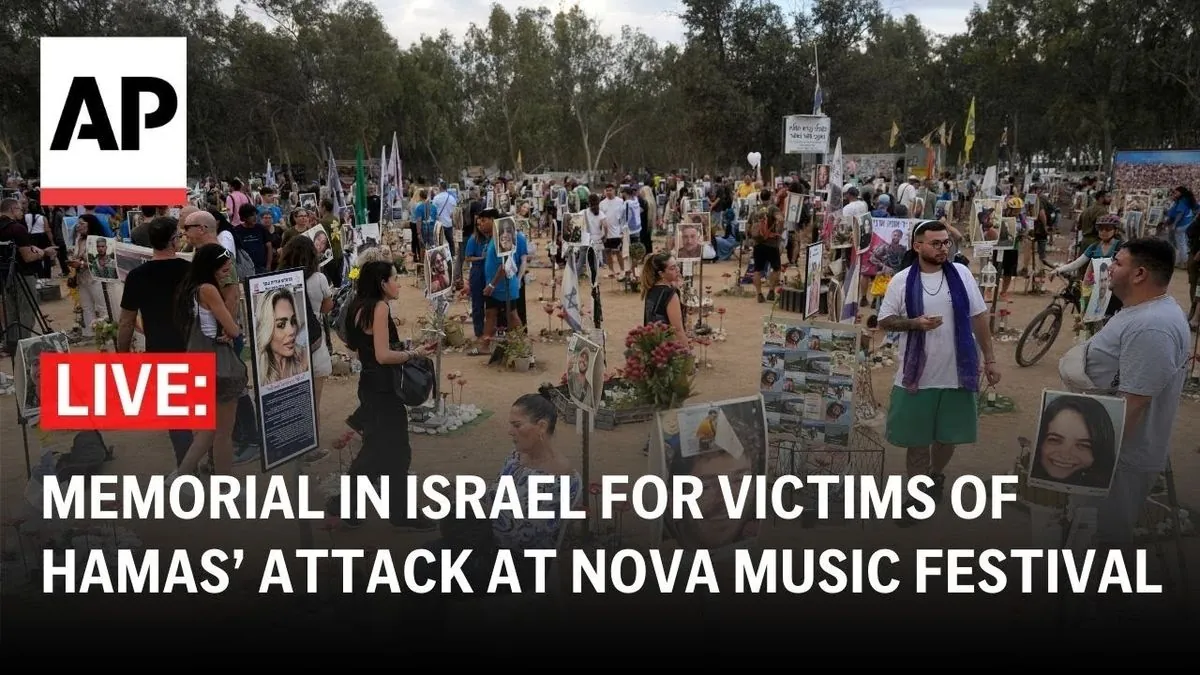Ex-President Duterte Seeks Davao Mayoral Seat Amid Controversial Legacy
Former Philippine President Rodrigo Duterte has registered to run for mayor of Davao City, despite his contentious anti-drug campaign legacy. This move marks his return to local politics amidst ongoing ICC investigations.
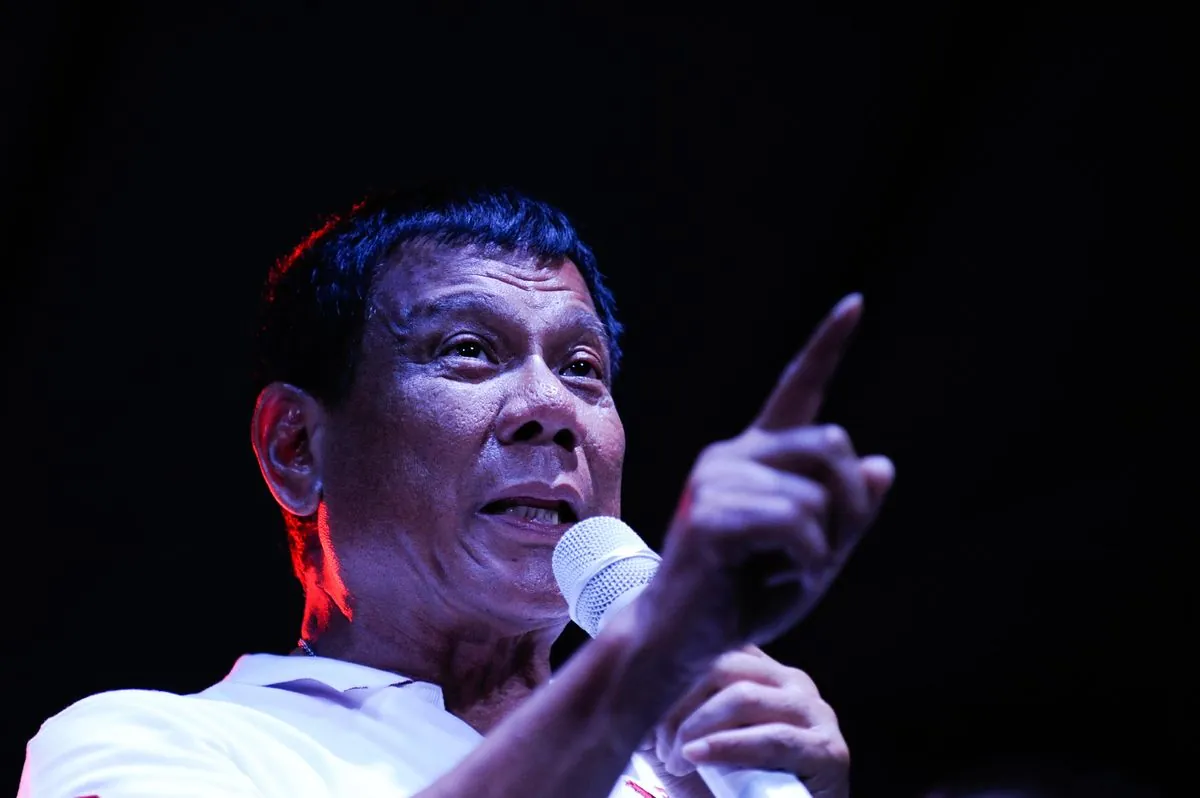
Rodrigo Duterte, the former President of the Philippines, has officially registered his candidacy for the mayoral position of Davao City, marking a significant return to local politics. This development comes amidst ongoing investigations by the International Criminal Court (ICC) into his controversial anti-drug campaign during his presidency.
Davao City, the largest urban center in Mindanao, has been a stronghold for the Duterte family for decades. Duterte previously served as the city's mayor for nearly 20 years before ascending to the presidency in 2016. His son, Sebastian Duterte, the current mayor, is set to run as his father's vice-mayor in the upcoming 2025 mid-term elections.
The former president's tenure was marked by a severe crackdown on illegal drugs, which resulted in the reported deaths of over 6,000 individuals, primarily from impoverished backgrounds. Human rights organizations argue that the actual death toll is substantially higher, potentially including numerous unsolved killings by unidentified assailants.
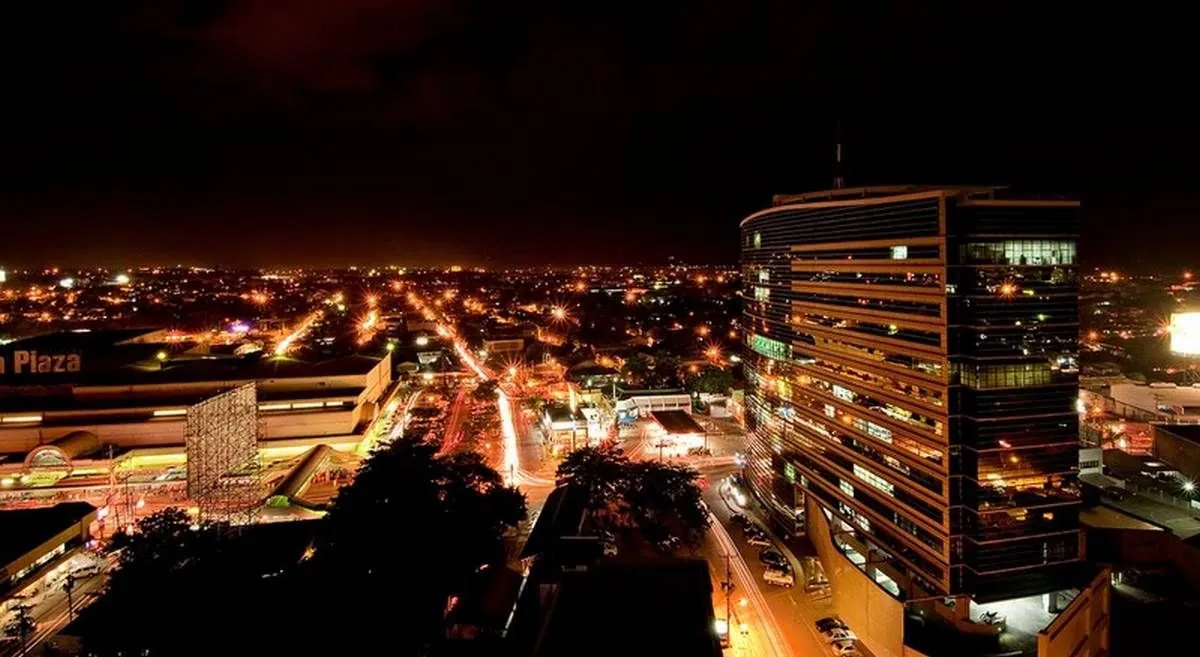
Despite the controversy surrounding his anti-drug campaign, Duterte has consistently denied endorsing extrajudicial killings. However, his public statements threatening drug suspects with death and instructing law enforcement to use lethal force against those resisting arrest have drawn widespread criticism.
The Philippines' membership in the ICC, which began in 2011 when the country ratified the Rome Statute, ended in 2019 when Duterte withdrew the nation from the court. Critics viewed this move as an attempt to evade accountability for the alleged human rights violations during his presidency.
"The court maintains jurisdiction over alleged crimes committed while the Philippines was a member state."
The political landscape in the Philippines has shifted since Duterte's departure from the presidency. His daughter, Sara Duterte, recently resigned from her positions in the administration of President Ferdinand Marcos Jr., signaling growing tensions between the two political families. This rift is further exacerbated by public exchanges, with Duterte criticizing Marcos Jr. as an ineffective leader, while Marcos Jr. has dismissed these allegations.
The current administration's foreign policy stance, particularly regarding the South China Sea dispute, stands in stark contrast to Duterte's approach. While the former president cultivated close ties with China and Russia, often at the expense of relations with Western allies, Marcos Jr. has strengthened the Philippines' alliance with the United States, which dates back to the 1951 Mutual Defense Treaty.
As the Philippines, a nation of over 110 million people spread across more than 7,000 islands, prepares for the upcoming elections, the return of Duterte to the political arena is likely to reignite debates about his legacy. The country, which gained independence from the United States in 1946 after centuries of colonial rule, continues to grapple with issues of governance, economic development, and international relations.
The Philippine economy, despite being one of the fastest-growing in Southeast Asia, faces challenges exacerbated by its location in the "Ring of Fire," making it prone to natural disasters. As the nation moves forward, the political comeback of Duterte in Davao City will undoubtedly influence the broader national discourse on governance, human rights, and the country's place on the global stage.













